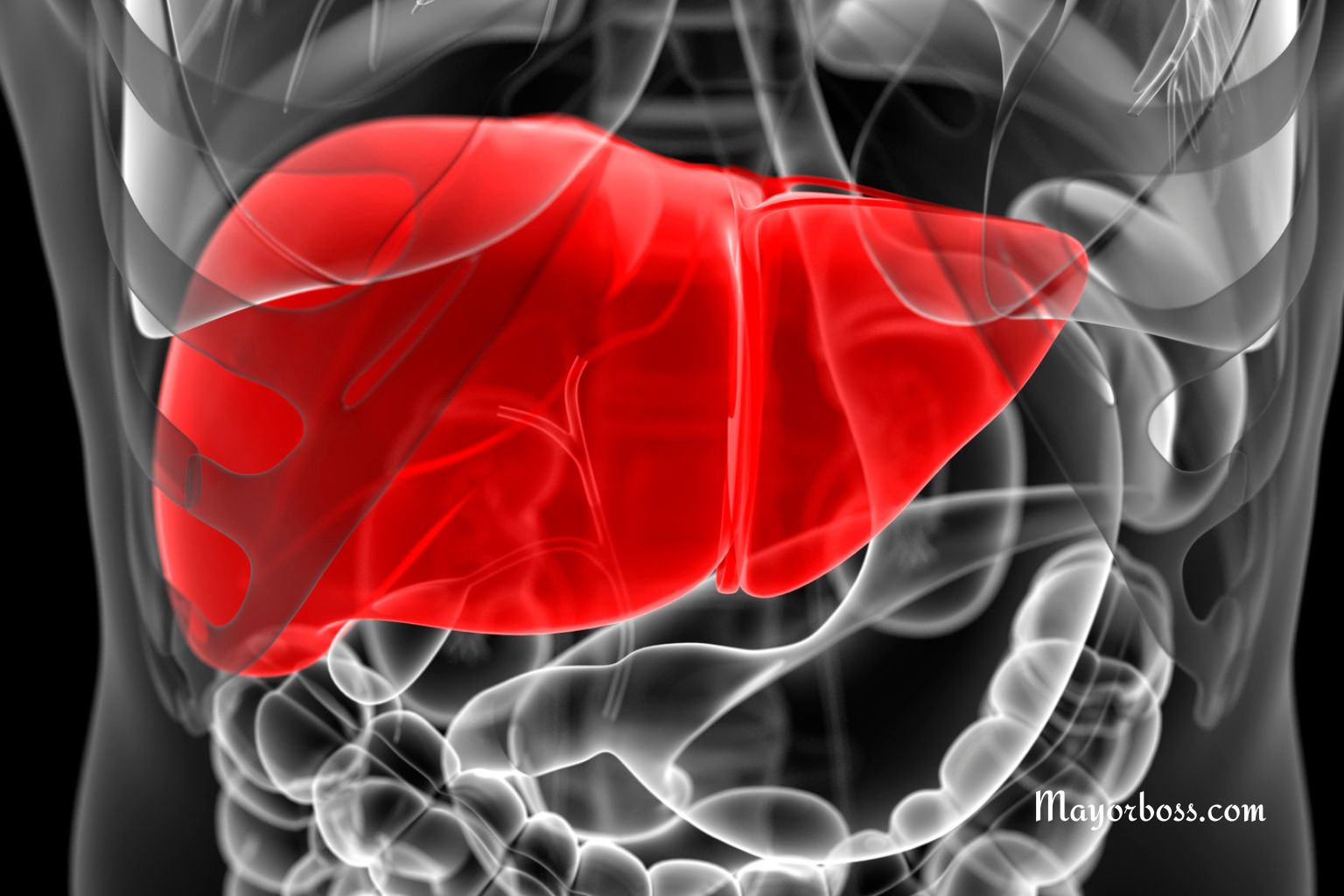7 Signs You Have A B12 Deficiency

Vitamin B12 is very important for your health. It helps your body work properly. If you don’t get enough, your body will give you warning signs. Here are seven signs that you might have low Vitamin B12.
You Feel Tired All The Time
If you are always tired, even after lots of sleep, you might need more B12. B12 helps make red blood cells that carry oxygen. Without enough B12, your body can’t get the oxygen it needs, making you feel tired all the time.
Tingling Or Numbness In Hands And Feet
Low B12 can cause nerve damage, which may eventually lead to a tingling or “pins and needles” feeling, especially in your hands and feet. This symptom might not appear immediately and can develop gradually. This happens because B12 helps protect your nerves.
Feeling Sad Or Moody
B12 helps make chemicals that control your mood. If you are low in B12, you might feel sad, irritable, or even depressed. If your mood is off for no clear reason, low B12 could be the cause.
Trouble Remembering Things
If you are forgetting things more often, like names or where you put your keys, it could be because of low B12. B12 is important for brain health, and not having enough can make you feel forgetful or foggy.
Pale Or Yellow Skin
If your skin looks pale or has a slight yellow tint, it might mean you are low in B12. B12 helps make red blood cells. Without it, your body can’t make enough healthy cells, which can make your skin look pale or yellow.
Smooth Or Sore Tongue
A swollen or smooth tongue can also be a sign of low B12. Your tongue might look shiny, red, or sore because B12 deficiency causes fewer bumps on your tongue. These bumps hold your taste buds.
Feeling Weak, Dizzy, Or Having Trouble Walking
If you feel weak, dizzy, or have trouble walking, it could mean you are low in B12. This is because B12 helps make red blood cells that keep your muscles strong. Low B12 can also lead to nerve damage, making it hard to walk or keep your balance.

What To Do If You Have These Signs
If these signs sound familiar, talk to your doctor. They might suggest a blood test to check your B12 levels. The good news is that fixing low B12 is usually easy. You might need to change your diet, take supplements, or get B12 shots.
Foods That Can Help Increase Your B12
If you think you need more B12, eating more foods with B12 can help. Meat, fish, dairy, and eggs are good sources. Vegetarians and vegans can try fortified cereals and nutritional yeast. B12 supplements are also a reliable option, as it may be difficult to get enough from food alone. Older people might need more supplements because it gets harder to absorb B12 as you age.
Final Thoughts
Vitamin B12 is really important for your health. Low B12 can cause problems like tiredness, mood changes, and memory issues. The good news is that it is easy to fix. If you have these symptoms, talk to your doctor to check if low B12 could be the reason.






